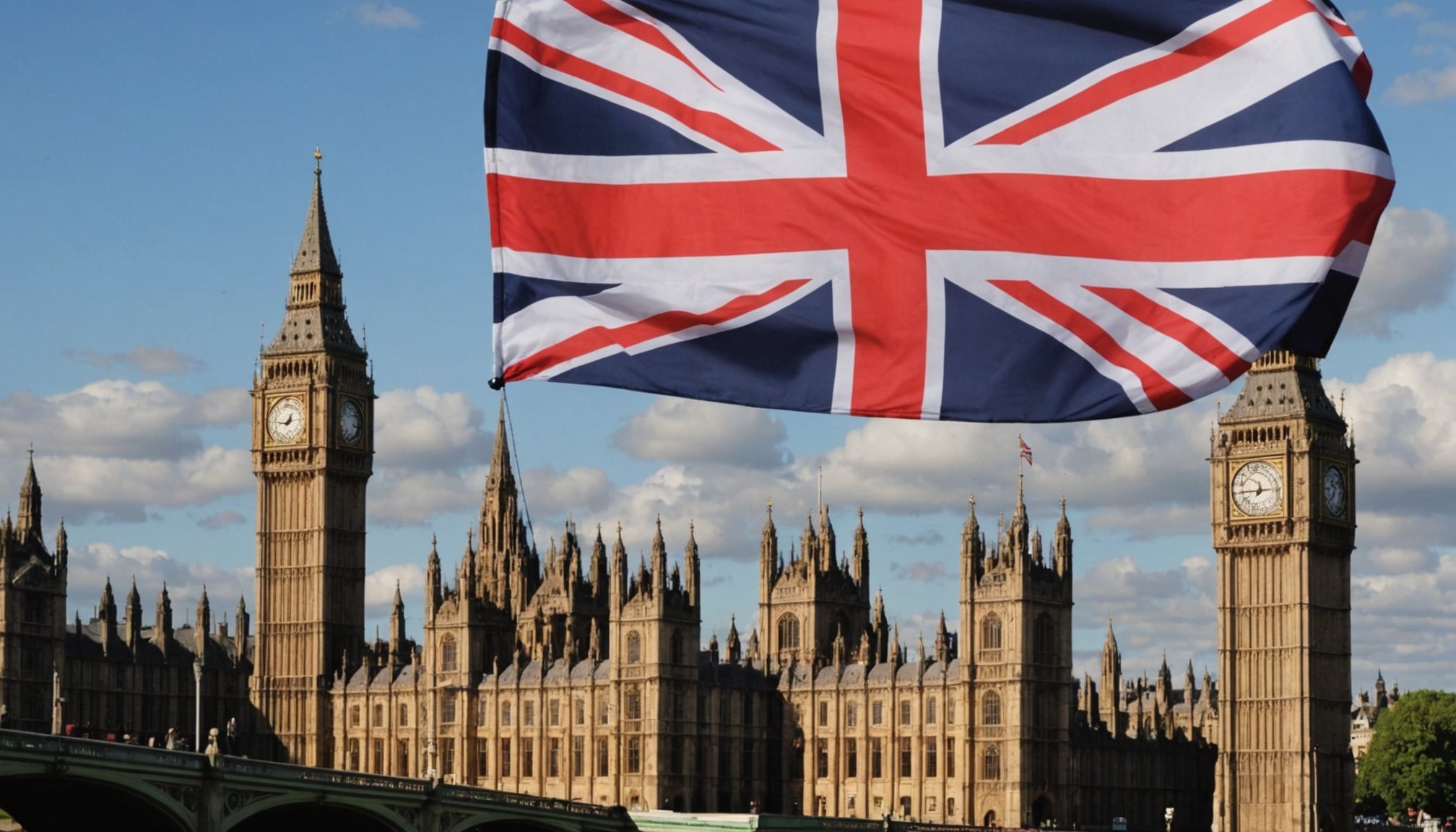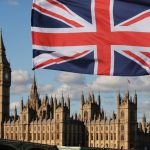Economic Climate Factors Influencing UK Tourism
Understanding the economic climate is crucial for grasping shifts in UK tourism trends. One key factor is inflation rates, which directly affect travel affordability. When inflation rises, the cost of accommodation, dining, and attractions tends to increase, reducing disposable income and discouraging spending on leisure activities, including travel. This often leads to a dip in domestic and international visitor numbers.
Exchange rates play a significant role too. A strong UK economy typically strengthens the pound, making the UK a more expensive destination for foreign tourists. Conversely, a weaker pound encourages international visitors as their money goes further. This tug-of-war impacts the volume and economic contribution of overseas travelers, influencing the overall economic impact of tourism.
Topic to read : What role do local communities play in promoting UK tourism?
Consumer confidence and disposable income are intertwined factors shaping tourism decisions. When people feel financially secure, they’re more likely to spend on holidays and short breaks. Conversely, economic uncertainty lowers confidence, resulting in more cautious spending patterns. As these elements fluctuate, tourism operators must adapt to changing demands, highlighting the importance of monitoring economic indicators to forecast tourism trends in the UK.
Recent Trends in UK Tourism Driven by the Economy
Economic factors strongly influence tourism statistics in the UK. During periods of economic downturn, there is a notable shift from inbound tourism to domestic travel. Visitors often choose UK destinations over international trips to manage costs, affecting spending patterns. This trend has led to increased demand for local accommodations and attractions.
Also to discover : How are UK cities enhancing their public transport for tourists?
Tourist demographics have also evolved. Families and older travellers, seeking budget-friendly options, make up a larger share of visitors, while younger tourists may delay trips or select shorter stays. These changes influence overall spending patterns, with more focus on essentials and fewer luxury expenditures.
Economic uncertainty typically impacts booking habits. Tourists prefer flexible arrangements, such as refundable tickets and last-minute bookings, to adapt to sudden financial changes or job security concerns. Consequently, travel duration tends to shorten, with many opting for brief weekend breaks rather than extended holidays.
Understanding these dynamics allows businesses to tailor services to shifting demands, which is essential given the UK’s continued economic fluctuations. These adaptations ensure tourism remains resilient even in challenging financial climates.
Expert Insights and Case Studies on Tourism and the Economy
Tourism industry experts emphasize the critical link between tourism and economic stability. According to expert analysis, tourism acts as a major driver for job creation, local business growth, and government revenue. Industry reports highlight that destinations heavily reliant on tourism felt economic shocks more acutely during global downturns but also demonstrated significant recovery potential.
Examining recent tourism case studies reveals how some regions adapted to economic challenges by diversifying attractions and investing in sustainable tourism. For example, areas that integrated digital marketing and personalized experiences saw increased visitor engagement despite initial setbacks. These case studies show that adaptability is key to sector resilience.
Economic experts stress that strategic planning and public-private collaboration are crucial. Reports indicate that economies prioritizing innovation and flexibility recover faster and maintain competitiveness. By evaluating successful responses to previous crises, policymakers can design targeted interventions to support the tourism sector’s long-term growth.
In summary, research across multiple industry reports underlines that deep understanding gained from expert analysis and tourism case studies can guide effective policy. This approach ensures the sector remains resilient while contributing robustly to the broader economy.
Future Implications for the UK Tourism Sector
The tourism industry outlook for the UK suggests a complex path shaped by economic shifts and evolving policies. As global travel resumes, forecasting future trends is crucial for stakeholders planning recovery and growth. Economic factors such as inflation and currency fluctuations will directly impact visitor spending and travel choices within the UK. The sector must remain agile to adapt to these variables.
Policy impact plays a significant role in shaping the future. Government support through targeted subsidies, visa facilitation, and sustainability initiatives can enhance competitiveness and resilience. Industry adaptations include embracing digital innovation, promoting domestic tourism, and investing in eco-friendly practices to meet travelers’ increasing environmental concerns.
Long-term strategies should focus on diversification of tourism products, infrastructure enhancements, and partnership-building between public and private sectors. By prioritizing visitor experience and sustainable development, the UK tourism industry can position itself for recovery that is both robust and responsible. This approach aligns with emerging global standards and traveler expectations, ensuring the UK remains a compelling destination in the years ahead.






